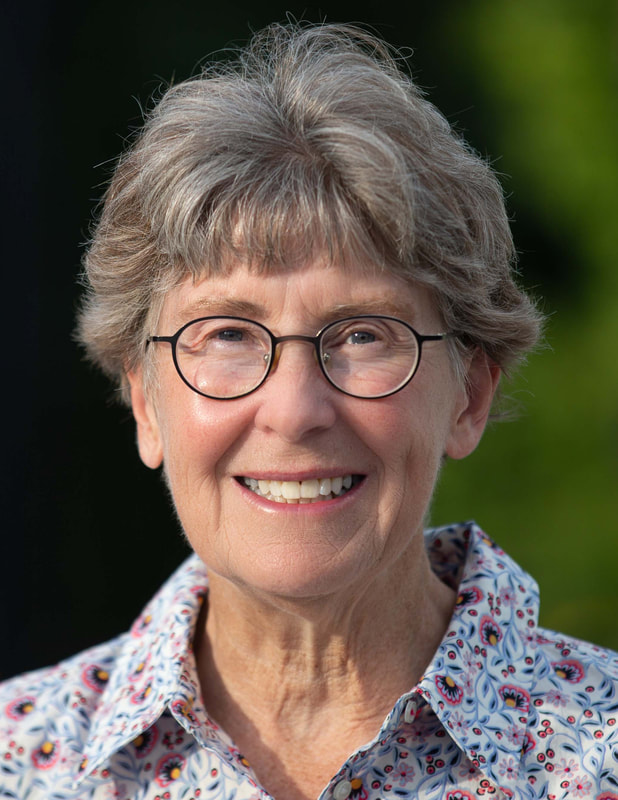In recent years as concern has grown about teardowns and much larger replacement houses making Newton less affordable, "zoning redesign" has been held out as the answer. But the zoning changes proposed by Mayor Fuller's Planning & Development Department have a different main objective -- increasing housing units via greater density of development. Draft residential zoning presented in 2020 would allow two family housing in all residential districts. This idea was embraced by some councilors, and has not been rejected by City Council leadership, but was postponed for consideration to the 2022-23 term, after this 2021 election, in response to pushback from many residents during December 2020 community engagement sessions. Then a decision was made to instead pivot to Village Center Zoning, which has occupied the Zoning & Planning Committee for the entirety of the 2022-2023 term.
We've all observed what happens when single-family houses in a multi-residence zone are sold to a developer -- an $800,000 house is demolished, and two townhouses in the $1.5 million range. This is not making Newton more affordable. Density proponents say 'that's under current zoning,' but analysis by Councilor at Large Pam Wright, Ward 3's representative on the Zoning & Planning Committee, has shown that the draft residential zoning would actually allow bigger structures to be built than under current zoning, incentivizing teardown, not reducing them.
Another provision of the draft zoning would transfer approval authority for special permits for up to 20 units (so-called "small" developments), to the Planning & Development Board, which is appointed by the mayor, rather than the elected City Council. That would concentrate even more power in the mayor's hands. (Although Planning Boards are the special-permit granting authority in many towns, in towns, Planning Board members are typically elected by the voters, not appointed.)
Large developments have not made Newton more affordable. See $4,000 rents at Trio. But the "Housing Choice" legislation promoted by Governor Charlie Baker, and passed by the legislature, has made such projects easier to approve. Instead of needing 2/3 of the City Council (16 votes), only a simple majority is required, if the project is considered "transit oriented," and contains at least 10 percent subsidized affordable units (a threshold met by Newton's Inclusionary Zoning requirement of 15 percent). This means that developers can be more aggressive in terms of size of projects and offer less mitigation, and makes who is elected to City Council even more important.
We've all observed what happens when single-family houses in a multi-residence zone are sold to a developer -- an $800,000 house is demolished, and two townhouses in the $1.5 million range. This is not making Newton more affordable. Density proponents say 'that's under current zoning,' but analysis by Councilor at Large Pam Wright, Ward 3's representative on the Zoning & Planning Committee, has shown that the draft residential zoning would actually allow bigger structures to be built than under current zoning, incentivizing teardown, not reducing them.
Another provision of the draft zoning would transfer approval authority for special permits for up to 20 units (so-called "small" developments), to the Planning & Development Board, which is appointed by the mayor, rather than the elected City Council. That would concentrate even more power in the mayor's hands. (Although Planning Boards are the special-permit granting authority in many towns, in towns, Planning Board members are typically elected by the voters, not appointed.)
Large developments have not made Newton more affordable. See $4,000 rents at Trio. But the "Housing Choice" legislation promoted by Governor Charlie Baker, and passed by the legislature, has made such projects easier to approve. Instead of needing 2/3 of the City Council (16 votes), only a simple majority is required, if the project is considered "transit oriented," and contains at least 10 percent subsidized affordable units (a threshold met by Newton's Inclusionary Zoning requirement of 15 percent). This means that developers can be more aggressive in terms of size of projects and offer less mitigation, and makes who is elected to City Council even more important.
